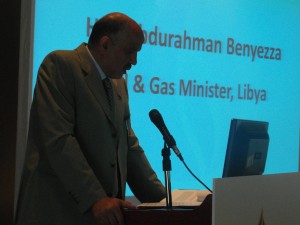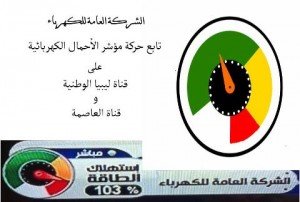By Adam Kwafi.
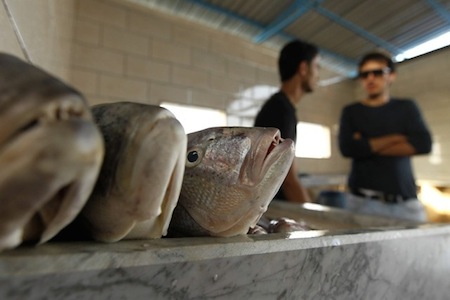
Benghazi, 8 July 2014:
The Benghazi fish market, known locally as Al-Bankina, thrives during the month of Ramadan, brimming with . . .[restrict]fish fresh from the Mediterranean. Established by the Italians during the colonial period, the market is now over 70 years old and considered one of the oldest in the city.
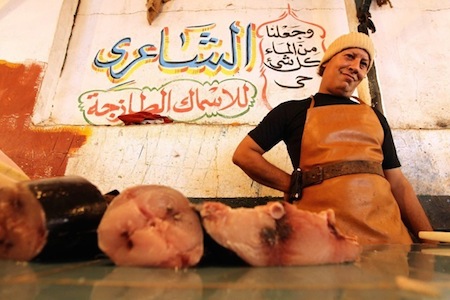
One of the local fishmongers told the Libya Herald that the situation at the market is good, particularly because more people come during Ramadan than normally. Most of the fish, he added, was sold early in the morning.
According to one market stall holder, he and the others buy their stock from boats that are owned and controlled by the same people who run the market. Very few vendors actually own boats or sell fish that they caught themselves.
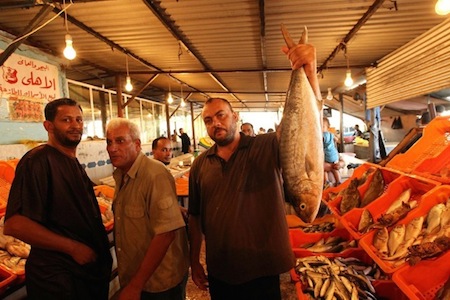
A customer who identified himself only by his first name, Ahmed, complained about high prices, saying they had increased significantly during Ramadan. He mentioned that the bank systems often crash in Benghazi, and as a result he has been unable to withdraw his salary from the bank to purchase fish and other food and goods. “I am finding it difficult to provide for the needs of my family,” he concluded.
It is not only in the fish market that prices have increased. The case is the same in supermarkets and butchers’ shops. It is partly due to supply and demand and partly due to the system whereby the suppliers have a monopoly of goods.
The troubled security situation that has plagued Benghazi since before the onset of Operation Dignity has also led to price increases.
In the end, it is the consumer who bears the brunt of the price spikes. He or she suffers from chaos both in regard to security on the streets and in the marketplace. [/restrict]








